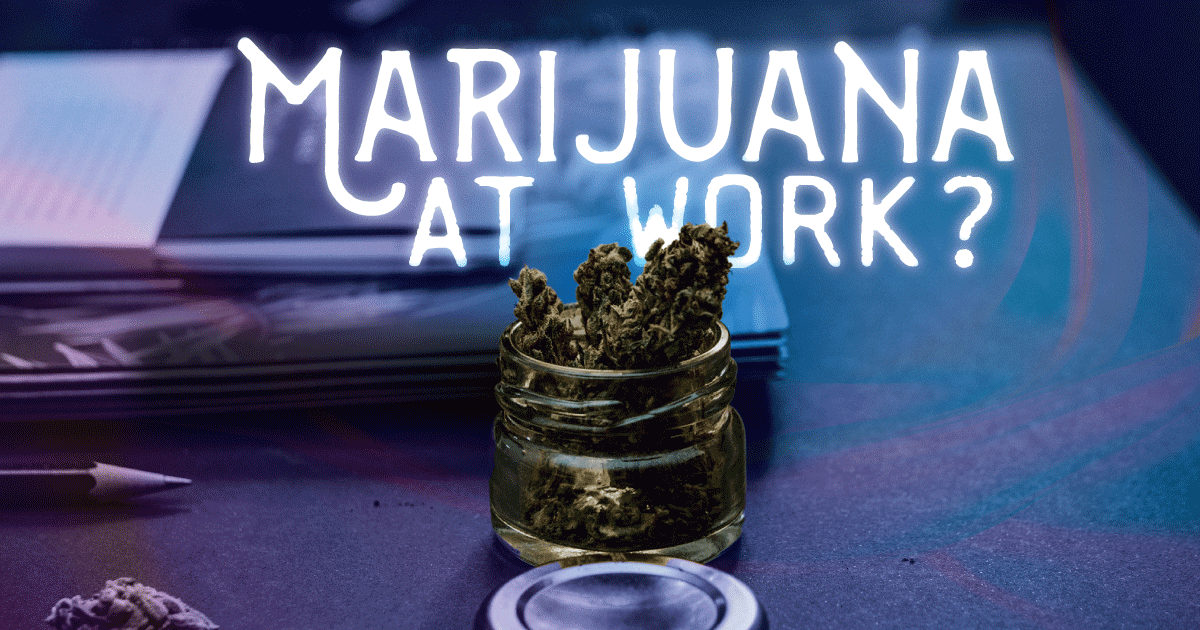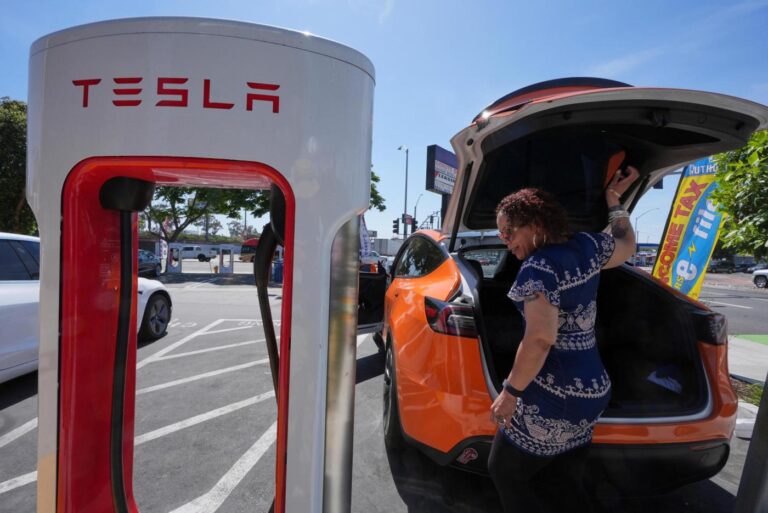Marijuana legalization has swept across the United States, with many states embracing the change. However, the conversation around regulation and the workplace implications remains complex and varied. As of 2023, 24 states have fully legalized marijuana, reflecting a significant cultural shift in America. Yet, the patchwork of laws across the nation means that understanding these regulations is crucial for individuals and employers alike.
Support for marijuana legalization has grown dramatically over the past fifty years. In 1969, only 12% of Americans supported legalization. By 2000, this figure had risen to 31%, and by 2023, a remarkable 70% of Americans were in favor. This increase in public support has been mirrored by legislative changes, with more than half of the U.S. population now living in states where marijuana is legal.
State-by-State Legalization Landscape
The approach to marijuana legalization varies significantly from state to state. While some states have embraced full legalization, others maintain stringent restrictions. For instance, Alaska and California are among the most lenient. In Alaska, residents can legally possess up to one ounce of cannabis, and a significant portion of the population openly admits to using marijuana. California has taken a progressive stance by prohibiting employers from inquiring about cannabis use outside of work, with exceptions for specific sectors like construction and federal employment.
Conversely, states like Idaho and Wyoming enforce strict penalties. In Idaho, possession of marijuana is a misdemeanor that can result in up to a year in prison and a $1,000 fine. Distribution is a felony, carrying a potential nine-year prison sentence and a $30,000 fine. Wyoming’s penalties depend on the amount of marijuana possessed, with more than three ounces classified as a felony.
Employment and Marijuana: A Delicate Balance
One of the most contentious issues surrounding marijuana legalization is its impact on the workplace. According to recent data, 48% of employers do not test for marijuana during the hiring process. However, more than one-third of employers feel unprepared to handle the implications of legal cannabis use among employees.
39% of marijuana users report going to work high on a weekly basis, highlighting the need for clear workplace policies.
Employers face the challenge of balancing employee rights with maintaining a safe and productive work environment. This ongoing debate is prompting many companies to reconsider their drug testing policies and adapt to the evolving legal landscape.
Legalization and Public Opinion: A Historical Perspective
The journey to widespread marijuana legalization has been long and fraught with controversy. In the late 20th century, marijuana was widely stigmatized, and its use was criminalized across the country. However, as public perception shifted, so too did the laws. The medical marijuana movement of the 1990s paved the way for broader legalization efforts, culminating in the current wave of recreational legalization.
Experts suggest that this trend is likely to continue as more states recognize the potential economic benefits of a regulated cannabis market. According to industry analysts, the legal cannabis market in the U.S. is projected to reach $41 billion by 2025, driven by increasing consumer demand and legislative changes.
Looking Ahead: The Future of Marijuana Legislation
As the legal landscape continues to evolve, questions remain about the specifics of marijuana regulation. Key issues include determining acceptable possession limits, refining workplace policies, and addressing public health concerns. Lawmakers and industry leaders are tasked with finding a balance that respects individual freedoms while ensuring public safety.
The conversation around marijuana legalization is far from over. As more states consider changing their laws, staying informed about the latest developments is essential. The ongoing dialogue will shape the future of cannabis use in America, with significant implications for society at large.
For now, individuals and employers alike must navigate a complex and ever-changing legal environment, adapting to new norms and expectations as they arise. As the situation develops, updates on marijuana legality will continue to be a key topic of discussion.


























